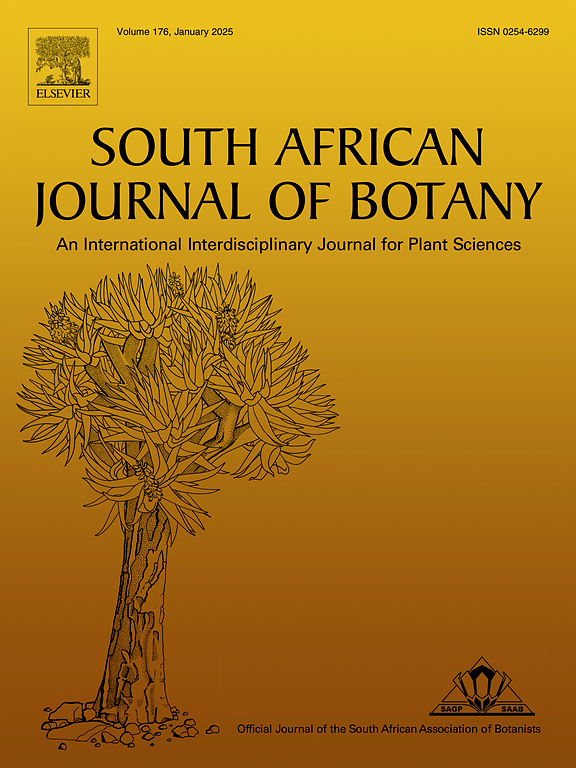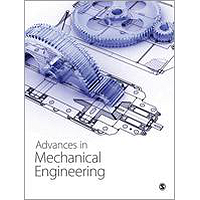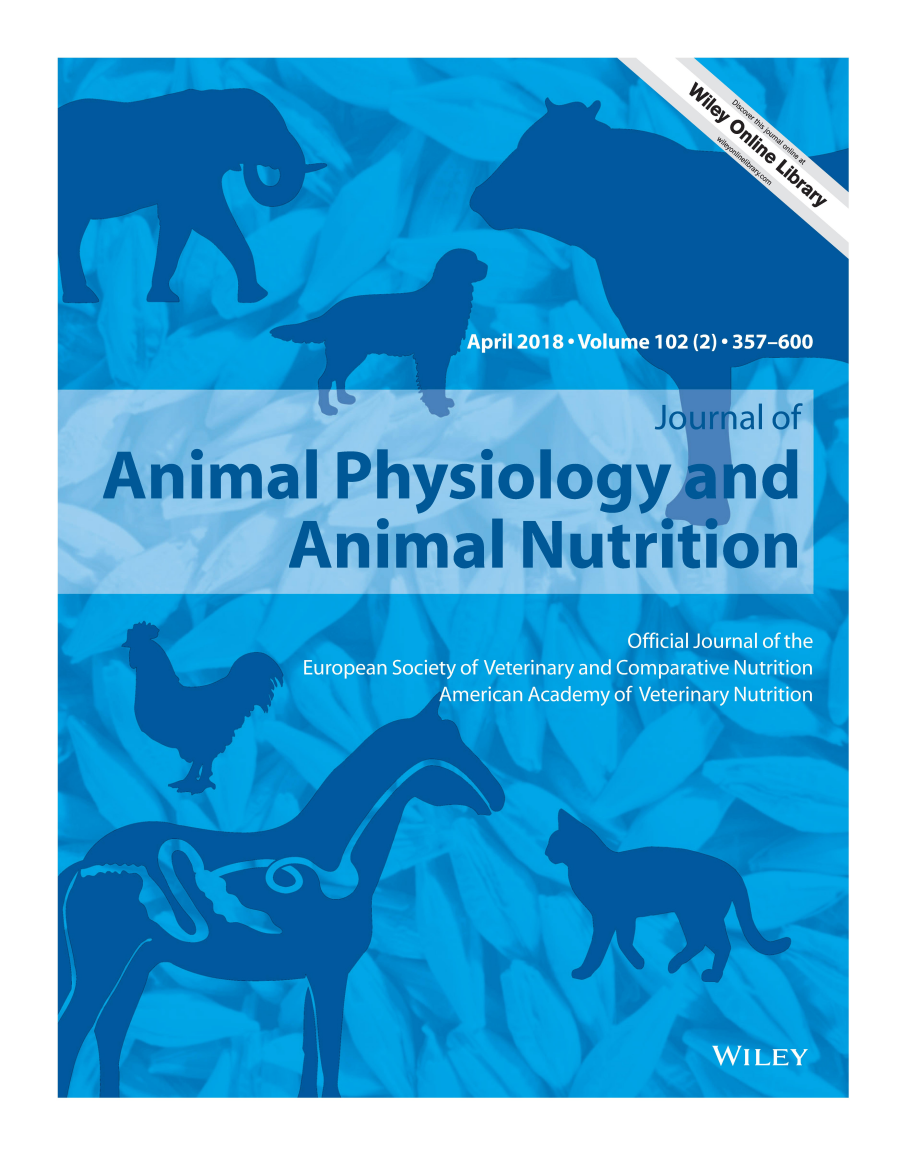An Elsevier journal has pulled three articles after the publisher determined an author had been “involved in the peer review and decision making” as managing guest editor of the special issues in which they appeared.
The author, botany researcher Vijay Kumar of Lovely Professional University in Punjab, India, told Retraction Watch his apparent involvement in assigning reviewers was “purely unintentional” and a “foolish mistake.”
Two of the articles appeared in a special issue section of the South African Journal of Botany in 2022. They were:
Continue reading ‘Foolish mistake’: Guest editor loses three articles published in his own special issues



 Many publishers have been duped by fake peer reviews, which have brought down more than 600 papers to date. But some continue to get fooled.
Many publishers have been duped by fake peer reviews, which have brought down more than 600 papers to date. But some continue to get fooled. A fish scientist in Iran has now
A fish scientist in Iran has now 

